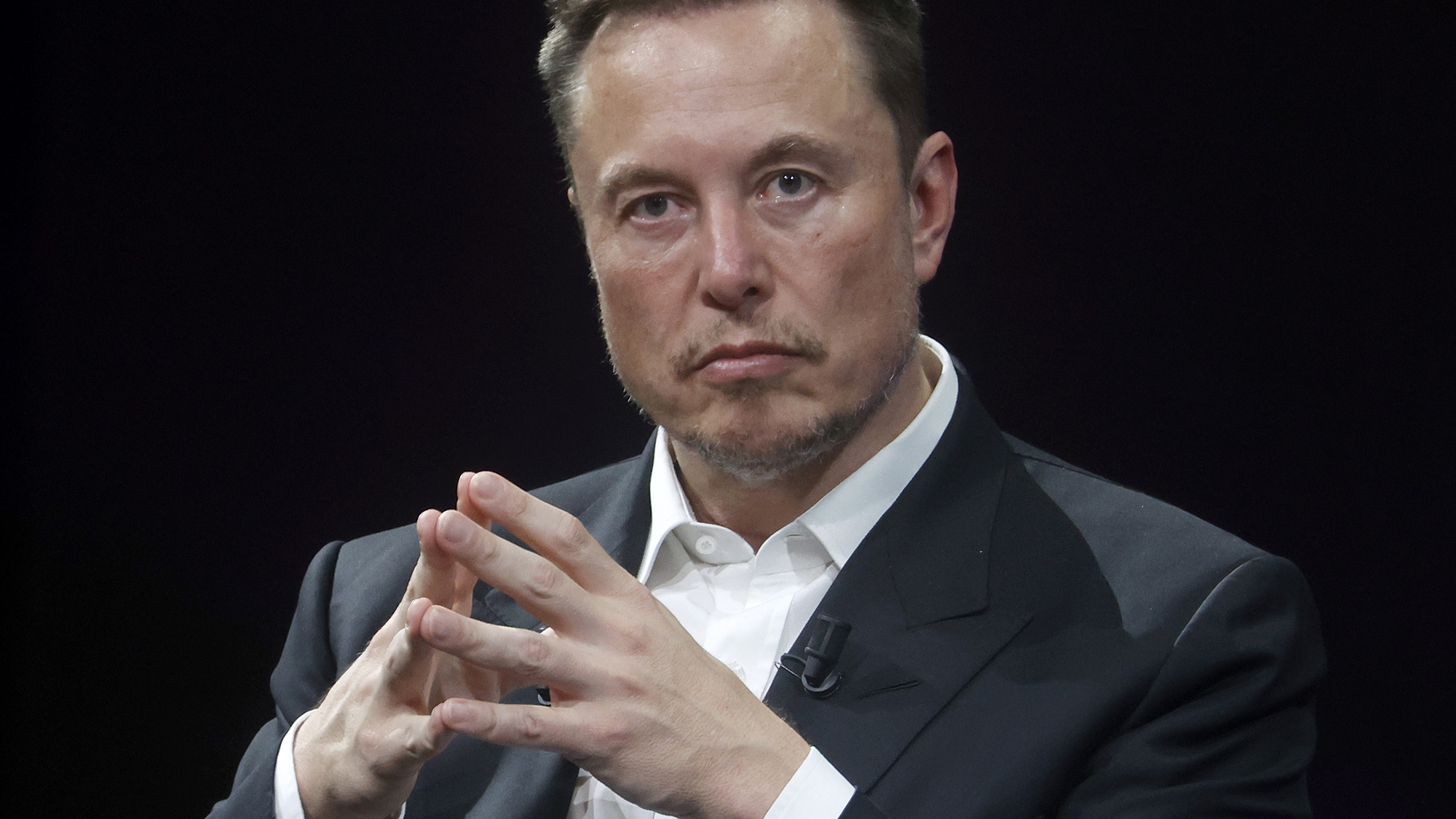

Neuralink, Elon Musk’s brain-computer interface startup, is seeking human volunteers to participate in its first clinical trial. In a September 19 announcement, the company says its Precise Robotically Implanted Brain-Computer Interface (PRIME) Study will test a “groundbreaking investigational medical device” in test subjects already suffering from quadriplegia due to amyotrophic lateral sclerosis (ALS) or cervical spinal cord injuries.
Once implanted via surgical robot using ultra-fine, flexible wiring, the preliminary BCI device reportedly will wirelessly transmit data to an external computer to decode patients’ movement intentions. Neuralink’s ultimate goal for the (PRIME) Study is to grant its volunteers the ability to wirelessly control a computer mouse or keyboard with their brains.
The company faced numerous setbacks leading up to the study’s final approval by an independent institutional review board and its first hospital site. Despite promises from Musk as far back as 2019 regarding the technology’s imminent arrival, Neuralink reportedly only first sought the FDA’s approval for human clinical testing approval in 2022. The regulatory body denied Neuralink’s request at the time, citing concerns over potential brain injuries resulting from BCI devices’ faulty wiring and overheating, as well as complications regarding its removability. In May, the FDA finally granted Neuralink an investigatory device exemption (IDE).
[Related: Neuralink’s request for human trials of brain implants was reportedly rejected by the FDA.]
But even before its applications to begin human clinical trials, Neuralink repeatedly drew ire from critics and watchdogs concerning its treatment of test animals. In a December 2022 Reuters exposé, “internal staff complaints” concerning animal welfare issues described “hack job” procedures resulting in over 1,500 dead test subjects since 2018. The report also revealed the employees’ accounts prompted the US Department of Agriculture’s Inspector General to launch a probe into the matter. Since then, the USDA’s investigation received its own share of criticism over bias and conflicts of interest.
Neuralink has so far demonstrated successful BCI integration with rats, as well as shared footage of a macaque monkey playing Pong via a wired prototype brain implant. Meanwhile, similar BCI devices have been in various development stages for years—some of which already achieve and surpass the goals for Neuralink’s PRIME Study. Earlier this year, researchers at Stanford University demonstrated devices that successfully translated an ALS patient’s thoughts to words to aid in communication. Meanwhile, another company backed by Jeff Bezos and Bill Gates announced in February 2023 that its researchers successfully implanted a “neuroprosthesis” device in four human subjects.
During a public Neuralink presentation in December 2022, Musk expressed hopes that human trials would begin within six months’ time.
